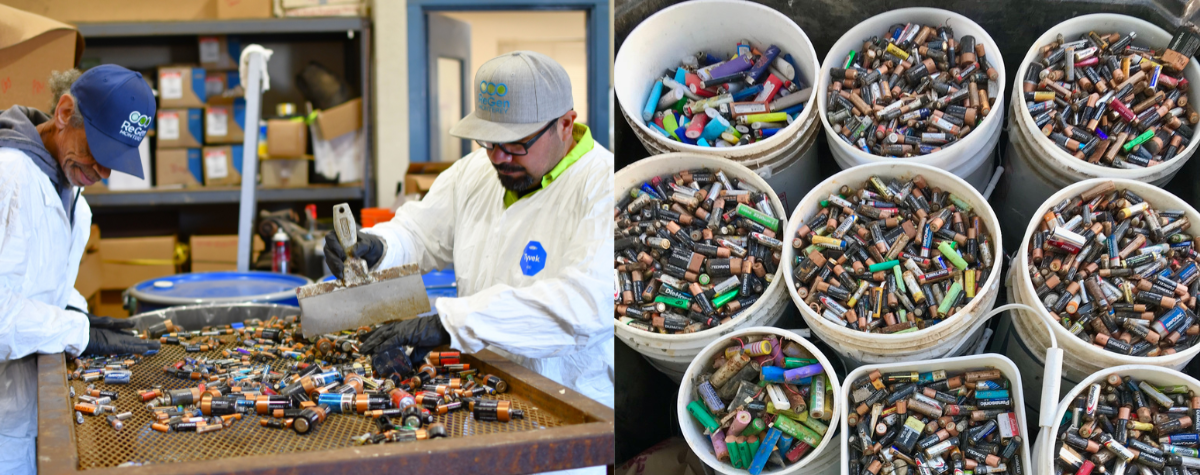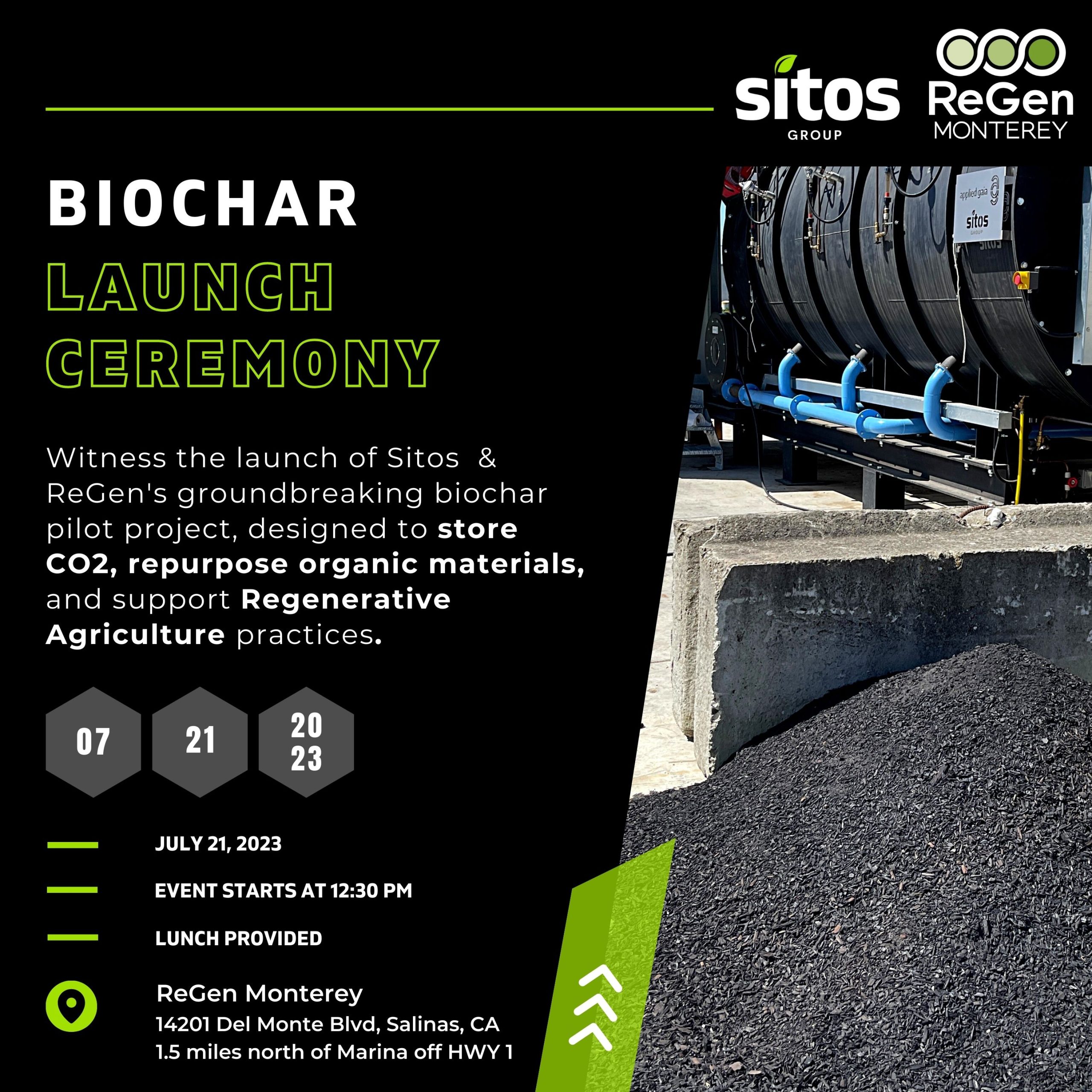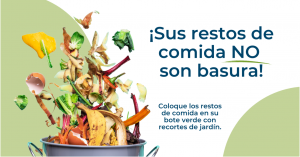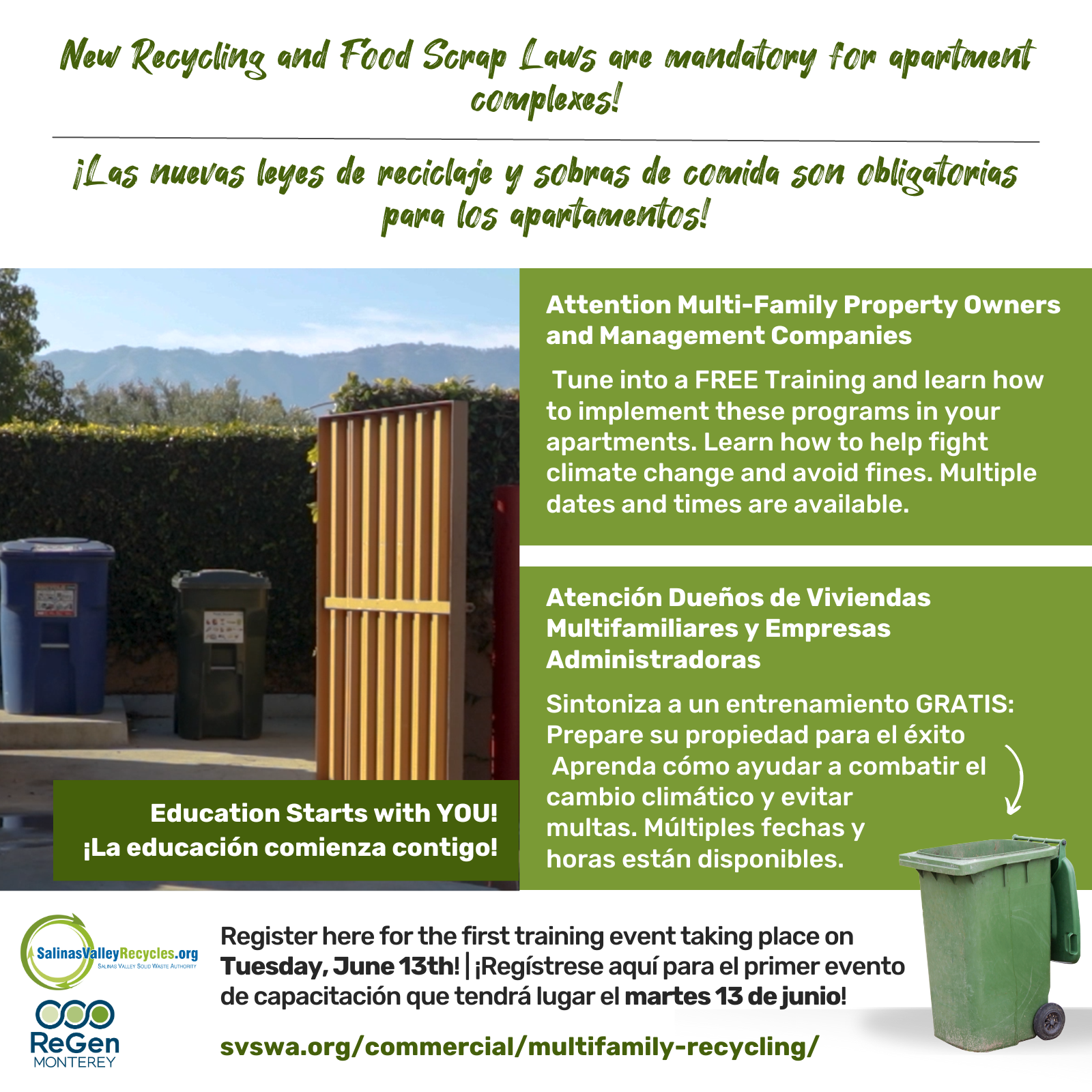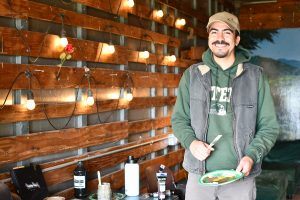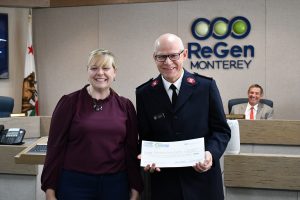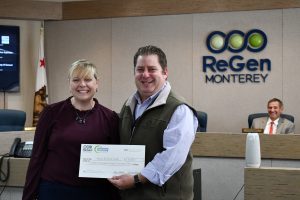2024 Artists in Residence Exhibit May 2-18, 2024
CSU Monterey Bay Student-Artists
Melanie Mena and Michael Acevedo Present:
“Transmute: An Exploration on Duality and Reconstruction”
Melanie Mena and Michael Acevedo, Visual and Public Art (VPA) seniors at California State University, Monterey Bay (CSUMB), have been selected as the 2024 Artists in Residence (AIR) at ReGen Monterey. The AIR Program is a partnership between ReGen Monterey, CSUMB and Last Chance Mercantile. Since 2016, student artists from CSUMB are selected for a fellowship at ReGen Monterey. The artists scavenge for discarded materials at the Last Chance reuse store and ReGen Monterey’s Materials Recovery Facility, and upcycle them into art.
“Learning about ReGen Monterey has truly been eye opening to everything that goes on behind the scenes. This place is an entire system that works perfectly together in such a beautiful and intricate manner. I am extremely honored to have been chosen to work with this wonderful community and become part of this vast ecosystem,” said Mena. “I hope I can provide something of value through my work and artistic lens. My plan is to reuse materials to build canvases, frames, and push my paintings into a three-dimensional realm.”
Acevedo had a similar goal with his fellowship – to challenge himself and produce art using various artistic techniques: “My goal as an artist is to challenge myself and push past my creative limits to make pieces that go outside of my established comfort zone,” says Acevedo. A residency that required making art from salvaged materials provided ample opportunities for artistic experimentation. “Transmute” will include sculptures, tile triptychs and animation by Acevedo.
Visitors to Last Chance Mercantile have been able to observe Mena and Acevedo’s creative process and interact with the artists during store hours. The seasonal fellowship culminates with an art installation titled “Transmute: An Exploration on Duality and Reconstruction” from May 2-18, 2024, with a special reception and Q&A on Thursday, May 2 at 2 p.m., all at Last Chance Mercantile. The installation and reception are open to the public.
Both Melanie Mena and Michael Acevedo are local mixed-media artists from Salinas who decided to further their study of art at California State University, Monterey Bay. They will graduate with a B.A. in Visual and Public Art in May.
The Artist in Residence program’s goal is to inspire environmental stewardship, recycling and upcycling in the community through art. The artists and the public learn about sustainable material sourcing for art, home and community projects. The program provides a unique and professional platform for local students as they transition from student to professional artists.
Find Mena and Acevedo’s art portfolios and learn more about the program and previous artists in residence at regenmonterey.org/artist-in-residence/.
Last Chance Mercantile is open Tuesday through Saturday from 9 a.m. to 4 p.m.

